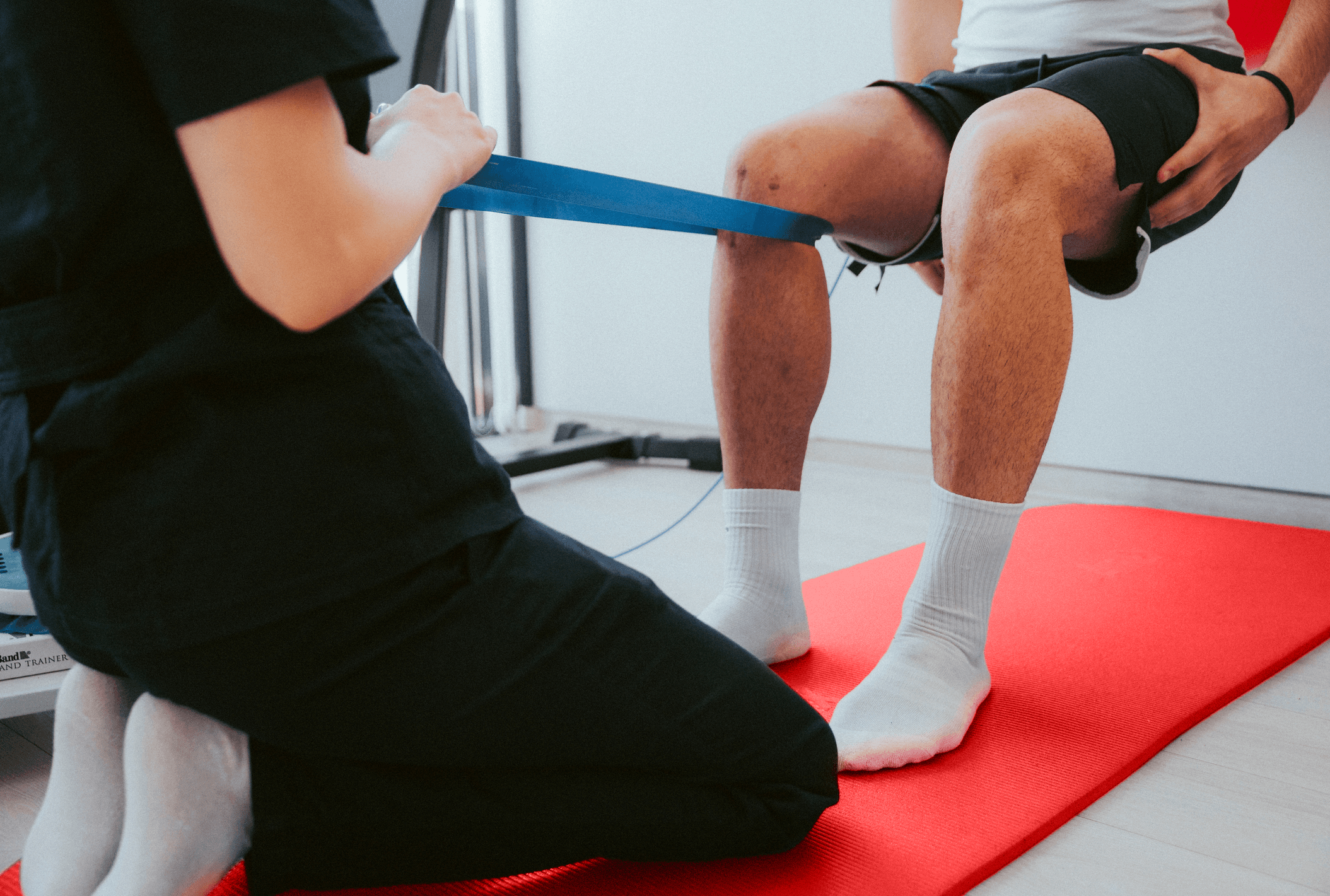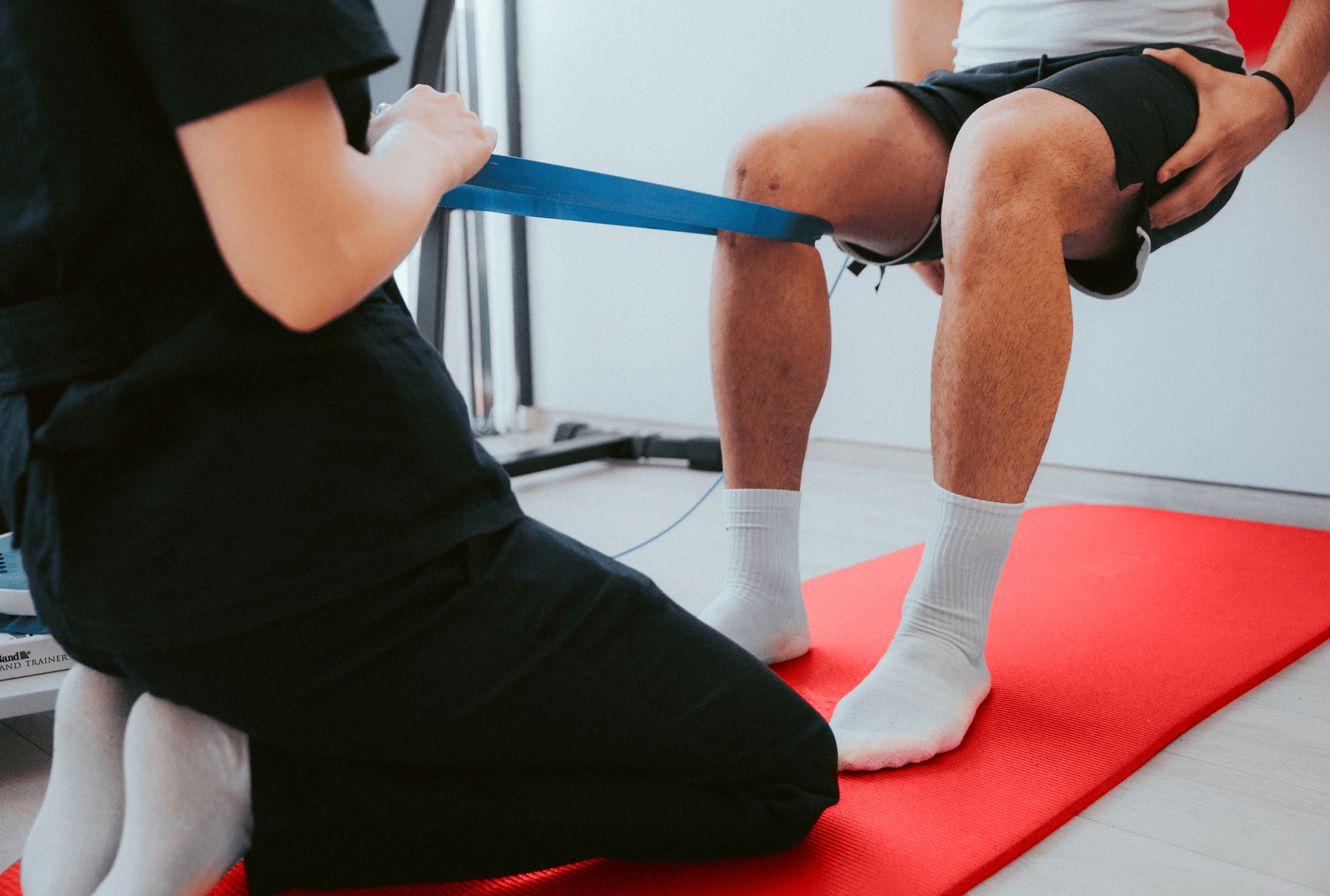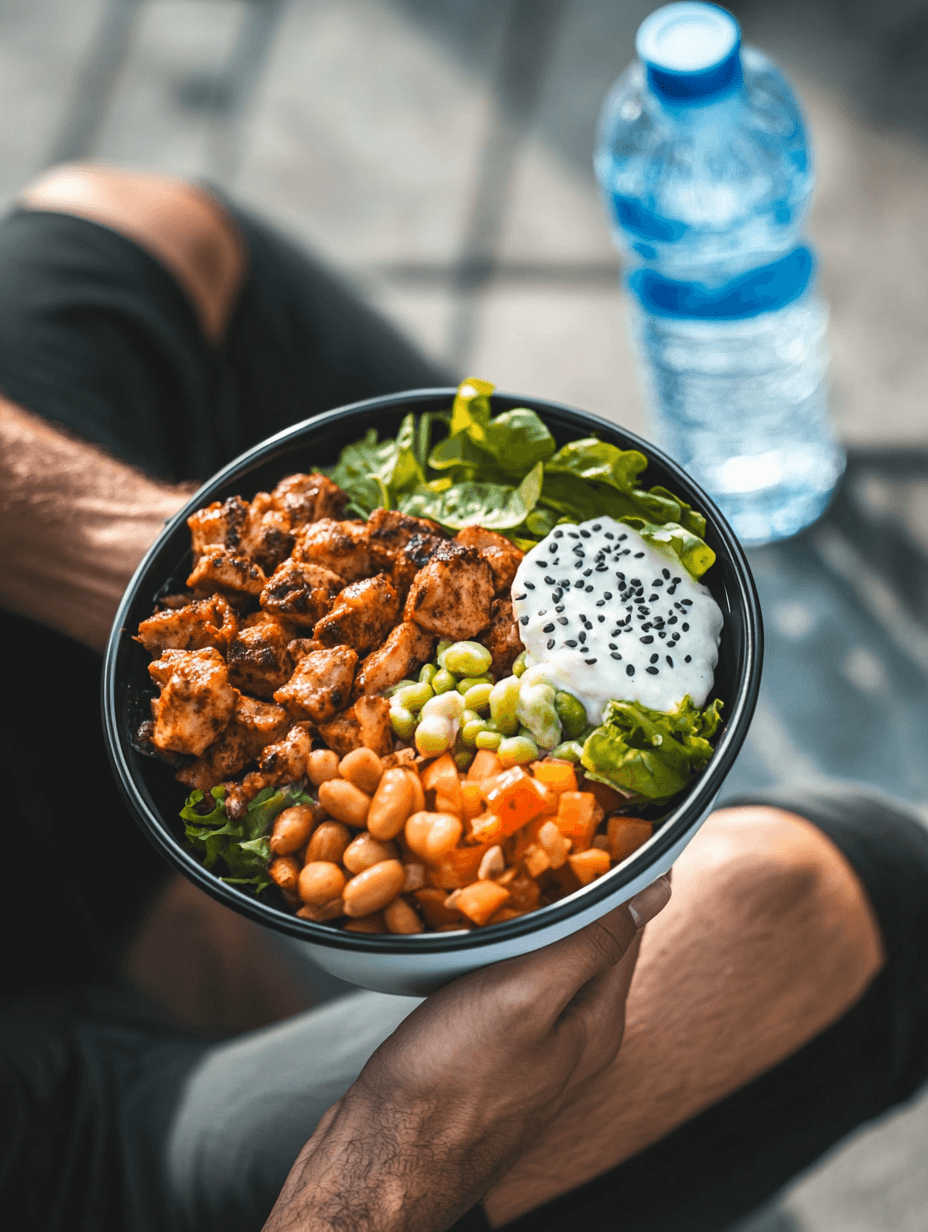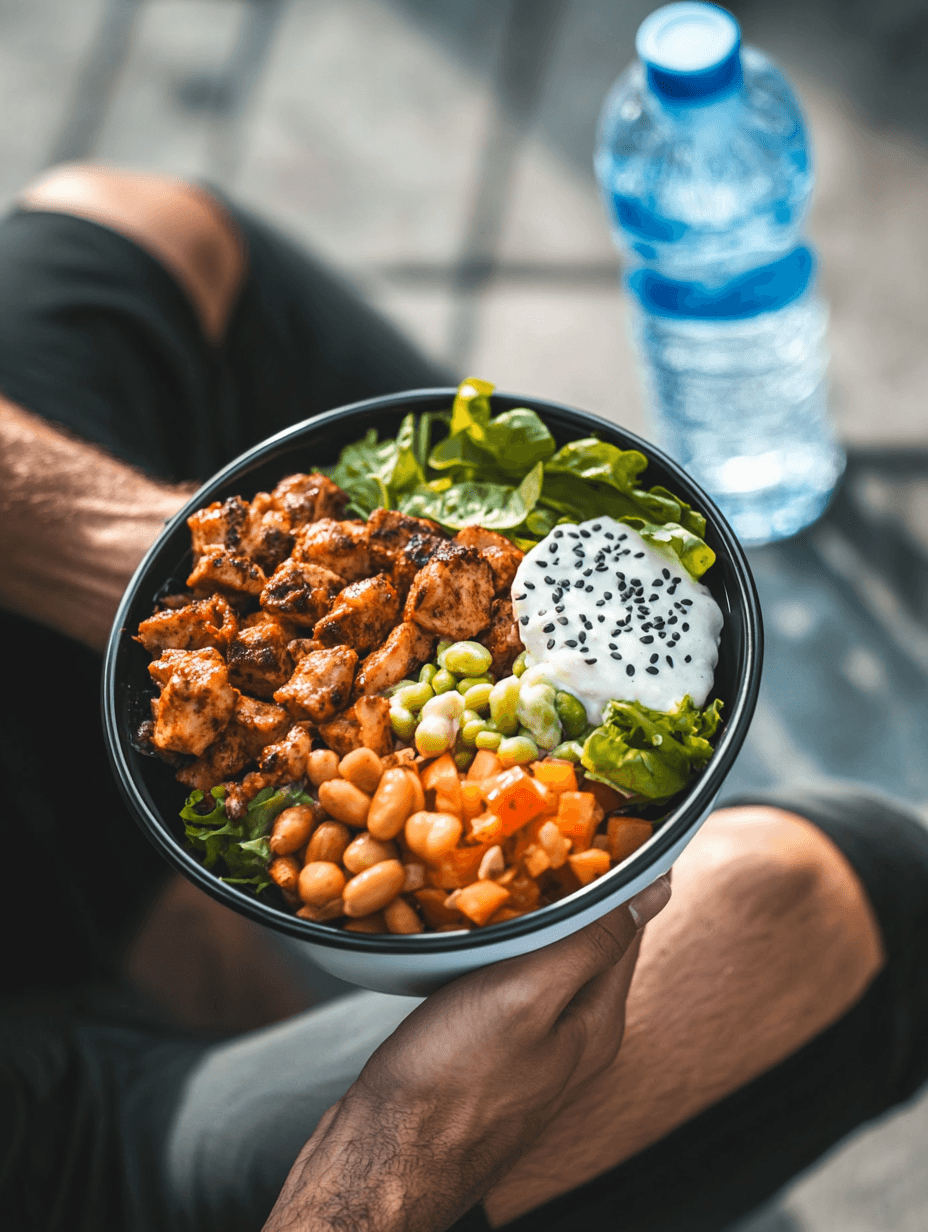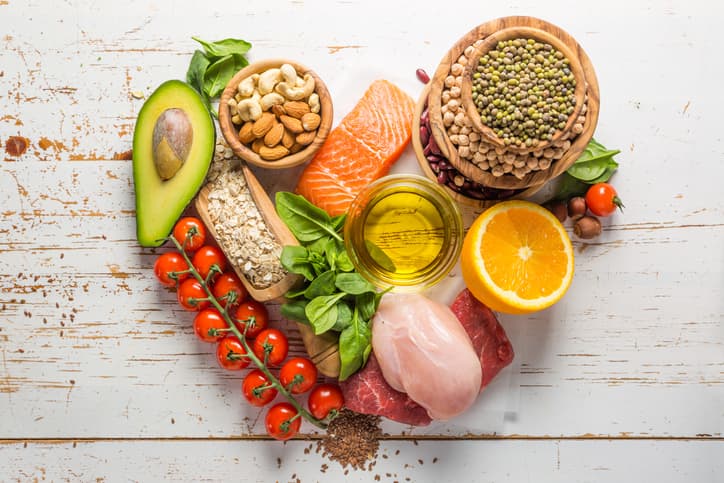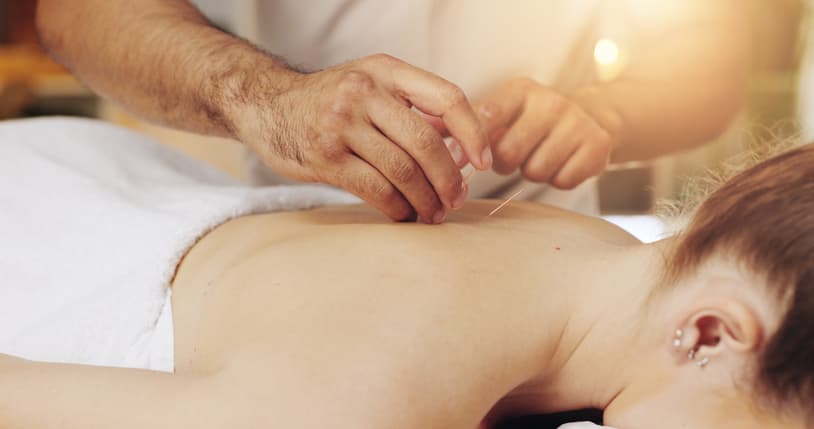Blog


Nutrition and Recovery: What to Eat for Faster Healing
Nutrition plays a vital role in recovering after an injury or intense training. What you eat can significantly impact how quickly your muscles recover, your energy returns, and your readiness for your next workout or competition. In this blog, we’ll dive into the foods that help accelerate recovery and explain how to optimize your diet for healing.
The Importance of Nutrition During Recovery
When recovering from an injury or intense training, your body needs extra energy and nutrients to repair damaged tissues. Nutrition supports this process by providing essential building blocks such as proteins, carbohydrates, vitamins, and minerals. These nutrients are critical for muscle repair, inflammation reduction, and energy production.
Key Nutrients for Recovery
- Proteins: Since muscles are primarily composed of protein, protein-rich foods are crucial for recovery. Protein aids in building and repairing muscle tissue. Include foods such as chicken, fish, eggs, beans, lentils, and low-fat dairy in your diet. Whey protein shakes can also be a convenient supplement after intense exercise.
- Omega-3 Fatty Acids: Omega-3s have anti-inflammatory properties that can help reduce swelling and pain after an injury. Great sources include fatty fish like salmon, mackerel, and sardines, as well as walnuts and chia seeds.
- Vitamins and Minerals:
- Vitamin C: Essential for collagen production, which aids in tissue healing. Find it in citrus fruits, strawberries, bell peppers, and broccoli.
- Zinc: Important for cell growth and tissue repair. Sources include pumpkin seeds, nuts, seeds, and beef.
- Magnesium: Helps relax muscles and supports recovery. Found in leafy green vegetables, avocados, and almonds.
- Carbohydrates: While protein is essential, carbohydrates should not be overlooked. Carbs replenish glycogen stores in your muscles, which is vital for restoring energy. Opt for complex carbohydrates like whole grains, sweet potatoes, quinoa, and oats.
- Antioxidants: Antioxidants protect the body against oxidative stress caused by intense exercise or injury. Foods like berries, green tea, and dark chocolate are rich in antioxidants and can promote recovery.
Hydration: A Commonly Overlooked Component
In addition to proper nutrition, hydration is crucial for recovery. Water helps transport nutrients to your muscles and removes waste products from the body. Make sure to drink enough water, especially after intense exercise or during the recovery period following an injury.
Conclusion
Nutrition is a powerful ally in the recovery process. By optimizing your diet with adequate amounts of protein, healthy fats, vitamins, and minerals, you can speed up recovery and provide your body with the fuel it needs to come back stronger. Combine this with proper hydration, and you’re well on your way to a faster and more efficient recovery.
A significant portion of the necessary nutrients can come from a balanced, healthy diet. Ensure this foundation is solid before considering additional recovery or protein shakes. A (sports) dietitian can provide guidance to help you meet your recovery goals effectively.



